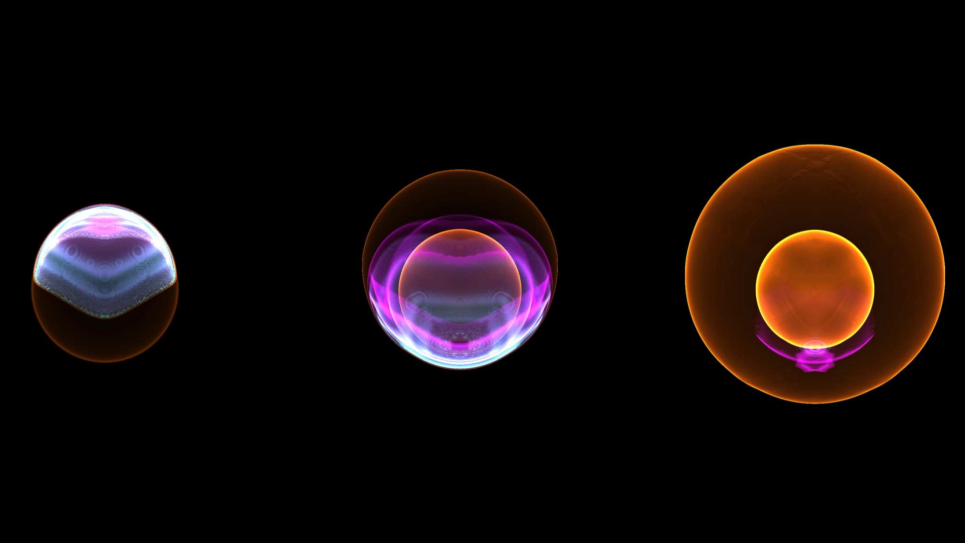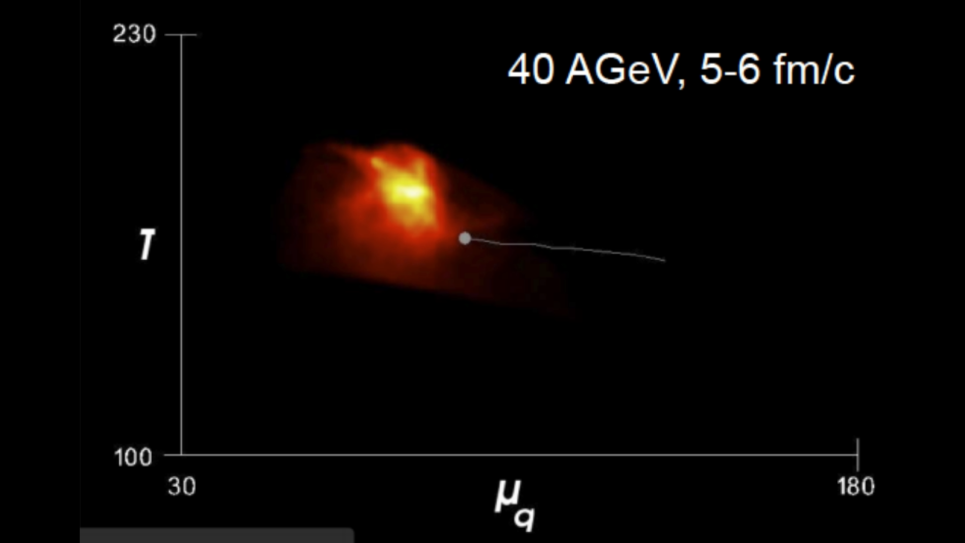What is the universe made of, and how did it get that way? Why is the universe made of matter and not anti-matter? What is the nature of the non-baryonic dark matter that permeates the galaxies? To answer these questions, scientists have turned to nuclei as microscopic experimental laboratories searching for: neutrinoless double-beta decay, where matter is produced from nothing; permanent electric dipole moments, which can only occur if the laws of physics for matter are different from those for anti-matter; and the terrestrial detection of non-baryonic dark matter. This project supports detailed and reliable calculations of the quantum wave functions of atomic nuclei. This will require some of the largest such calculations ever attempted, involving matrices of dimension in excess of 20 billion. Although the project will use an efficient code we have been developing which uses significantly less memory (roughly 1/10th) than other algorithms, we will still need significant computational resources. The results, however, will help provide robust interpretation of these crucial experiments illuminating the fundamental building blocks of our universe.

